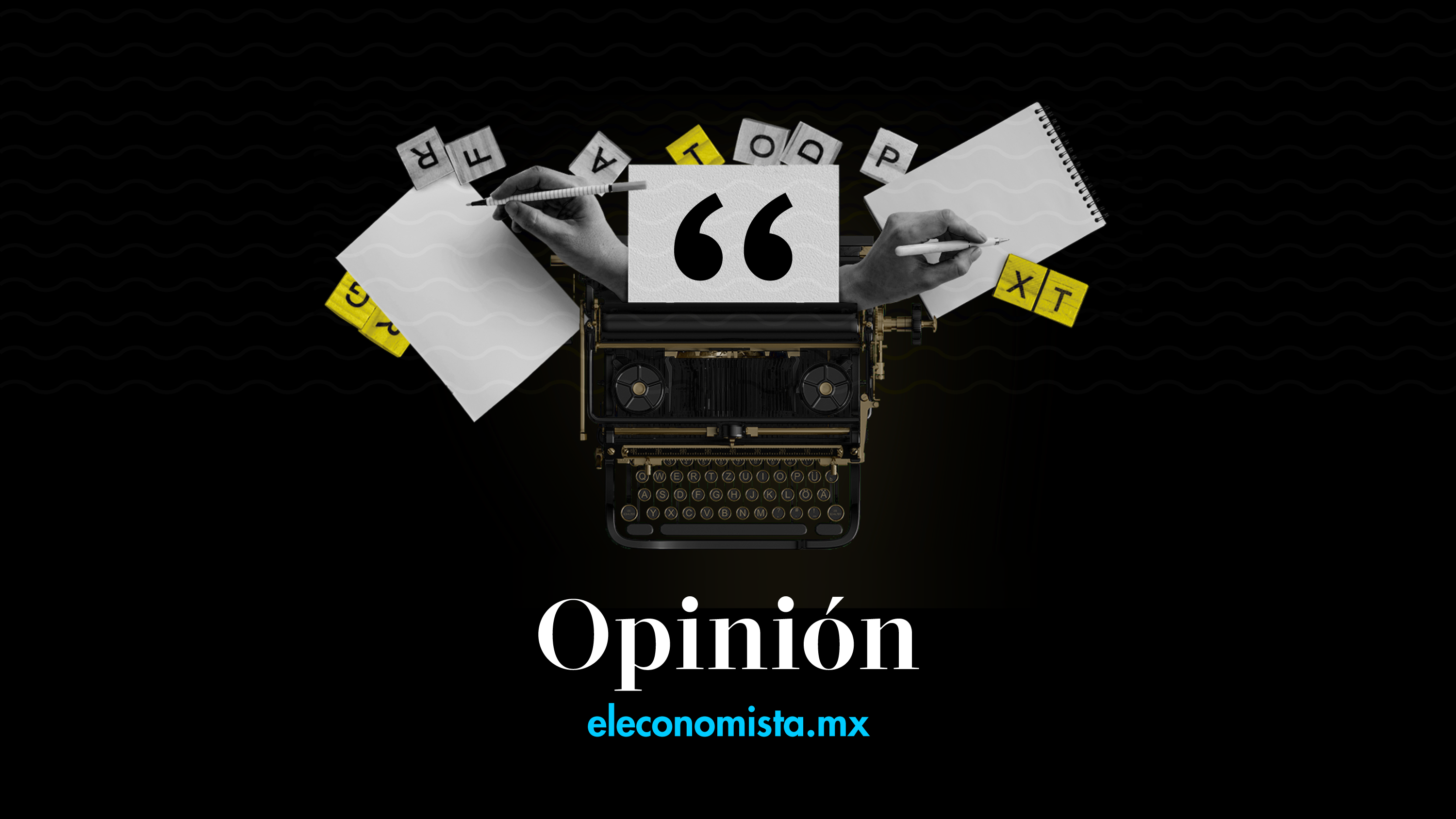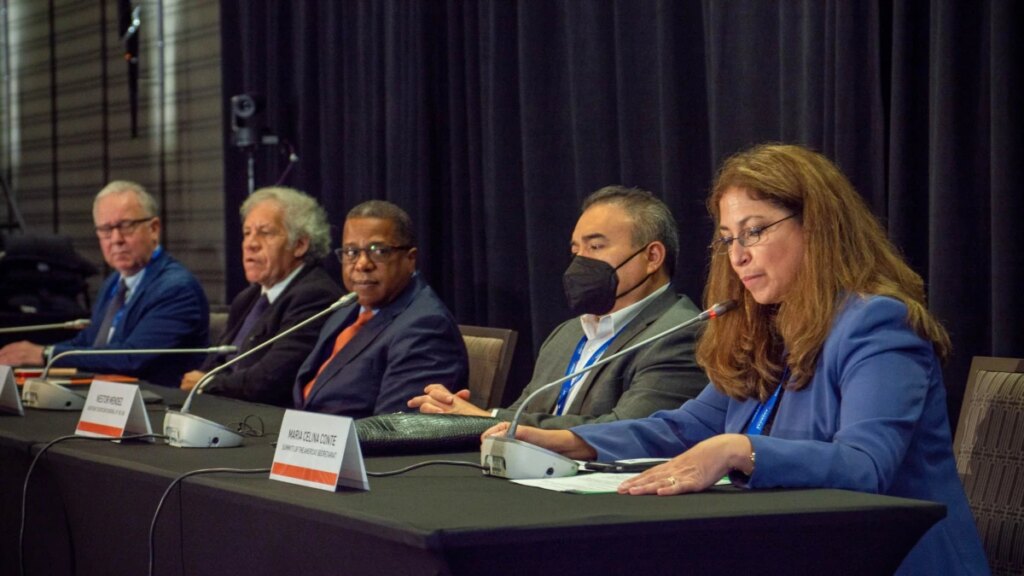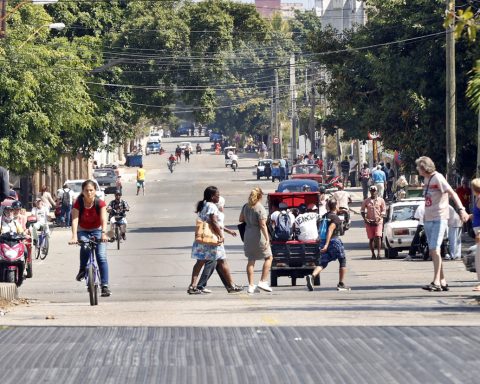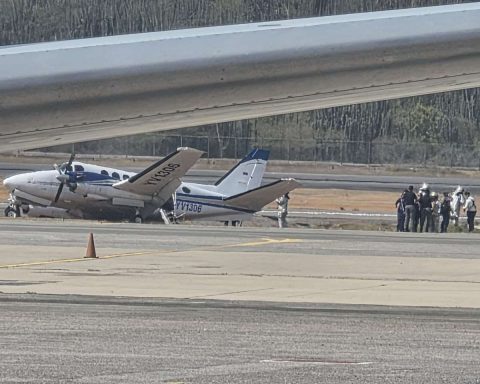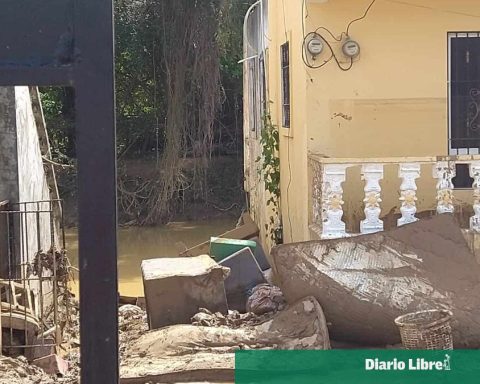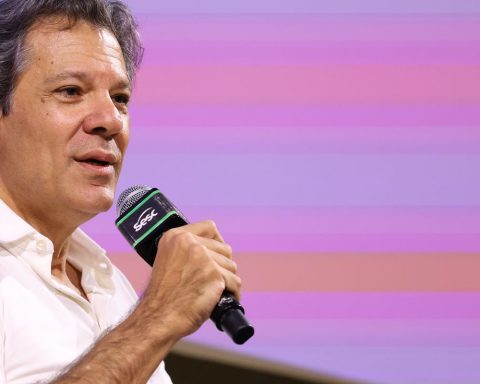Producing food responsibly in the current context of our world is a real challenge; climate change, the Covid-19 pandemic, geopolitical problems such as that of Eastern Europe, the growth of poverty and hunger, are just a few examples that affect the rise in grain prices, such as corn and wheat, having reached unsuspected prices.
These grains are the heart of the food industry and the daily diet of billions of people, since from their production the value chain begins that ends with a plate of food on the table of Mexicans and inhabitants of the entire planet. Having these grains is essential, but obtaining them in a sustainable way is even more essential, that is, guaranteeing their present and future production, minimizing their impact on ecosystems.
Taking care of our planet Earth is fundamental and critical; it is a non-negotiable on the road to securing the future of our civilization. Taking care of it is a difficult task, especially in the context of accelerated population growth, which demands more food and requires proper management of available natural resources.
We must all, understanding by all the most inclusive concept possible, turn to see the countryside, the origins of what we are and where our food is born; and putting in the first place of our interest those who work the land because it is with them that the value chain begins that later gives rise to what we eat.
In Mexico we are exporters of various grains such as corn, soybeans and wheat; however, this important commercial capacity contrasts with the limited information that farmers have regarding the prices of products and, previously, with limited capacities to organize agriculture to make it increasingly responsible, efficient and therefore productive.
Claiming the fundamental role of the field and of those who work it is fundamental. Without the peasants, nothing exists and it will be impossible to obtain quality food for current and future society.
Kellogg’s global experience has shown that focusing on support to strengthen the successful experience of farmers in the field is not a job that pays off with the involvement of a few. The social organization, academia, scientists, the government sector and of course the industry, are key in promoting a sustainable field.
Agriculture is responsible for 24% of the greenhouse gases that favor climate change and around 70% of water withdrawals from rivers, lakes and aquifers; and we know that it is impossible to turn back time, the impact that we as humans made on the environment cannot be reversed.
However, if we take matters into our own hands now, the future may be better. As companies in the food industry, it is of the utmost importance to be doubly aware of this, and to be humble in the face of the challenge we face. Personally and with my colleagues, we know that we cannot face this situation alone and that is why we always seek to develop more sustainable practices to be more ethical with the environment, joining our efforts with organizations that share our values and help us strengthen the value chains from the field to the table.
When I refer to the value chain from farm to table, I mean that it is important that, as companies in the food industry, we seek to make alliances with various institutions, ranging from those of scientific research in the agricultural sector, to continue contributing to the construction of a resilient and strong agri-food system, let us provide these best tools to farmers in the Mexican countryside; that we ally ourselves with food banks in the different states, in the most vulnerable communities and focus our efforts on attacking the challenges that we see along the way, to make the processes more efficient, that fewer resources are wasted and that more people can ensure adequate food every day.
From our position, we also have to raise our voices, talk about our success stories, about what has worked and invite more companies to join and develop programs that help improve our quality of life through sustainable practices because, definitely, the challenges in the food sector are so great that we can only face them by working as a team with the same goal: to end food insecurity in Mexico and the world.
*The author is Director of Corporate Affairs for Kellogg.
